Having made his mark on nearly every literary genre from playwriting to children’s books, Slovenian author Evald Flisar has plenty to say about language and its multiplicity. So it is that a life lived in (and through) letters is at the centre of the wondrous and wandering My Kingdom Is Dying, the author’s latest novel to be translated into English, and our Book Club selection for the month of March. Following an aged writer in his recollections, Flisar constructs the barrier between memory and fiction as exceptionally porous in a mind prone to hyperbole, intertextuality, and philosophical ideals of narrative, making way for an astute investigation into the confabulation at the centre of our worldly regard. Here is the self as a living archive, as un-fact-checked autobiographies and indexes—as if each writer, each storyteller is a living incarnation of literature itself.
The Asymptote Book Club aspires to bring the best in translated fiction every month to readers around the world. You can sign up to receive next month’s selection on our website for as little as USD20 per book; once you’re a member, join our Facebook group for exclusive book club discussions and receive invitations to our members-only Zoom interviews with the author or the translator of each title.
My Kingdom is Dying by Evald Flisar, translated from the Slovene by David Limon, Istros Books, 2025
At the beginning of Evald Flisar’s latest novel, My Kingdom is Dying, a hypochondriac writer has just broken both his wrists in a bizarre fall, catalysing a decay of home and body that progresses with worrying speed. While convalescing, he lists all the maladies experienced throughout his long and distinguished career—thus far, he says he has
fallen ill three times with malaria (on one of these occasions with falciparum, which almost killed me), as well as typhoid fever, Legionnaire’s disease, pneumonia and Dengue fever . . . But then other things appeared: increased stomach acid (stress, said the doctor) . . . problems with my spine and vertebrae, I often had to spend a month immobile in bed . . . and then unexplained pains . . . my body was disintegrating. . .
He acquires a carer to aid him in the healing process, and with this, the reader is gradually drawn into a world wherein the two become increasingly physically and emotionally entwined. A literary tale about storytelling wouldn’t be complete without someone taking the role of Scheherazade, and with the arrival of the incredulous but devoted carer, the writer is given a perfect audience. As he narrates his own life, he is met by an enraptured, encouraging ear that is always wanting more.
The relentlessness of his self-obsession, iterated with stimulating humour, is continually exacted through his stories, and through their twists and turns, one eventually comes to understand and appreciate the literary goals of the real-life author: to compose a gentle satire about the process of writing literary fiction, and to shine a light into the odd situations authors occasionally find themselves in. READ MORE…

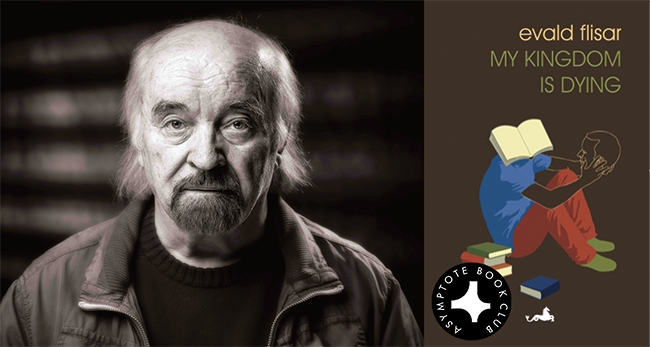
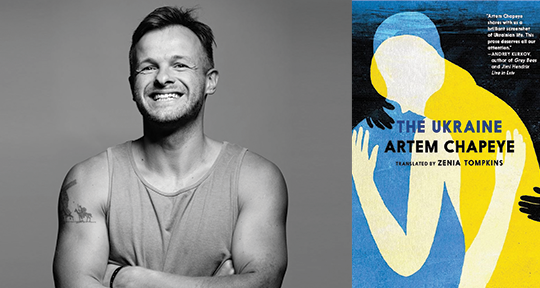
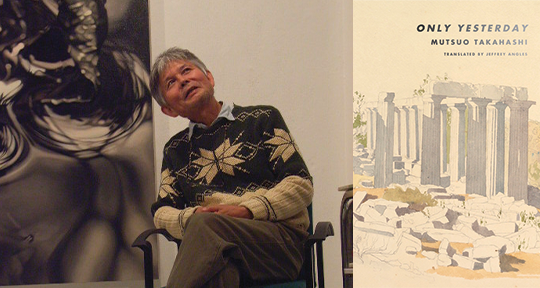
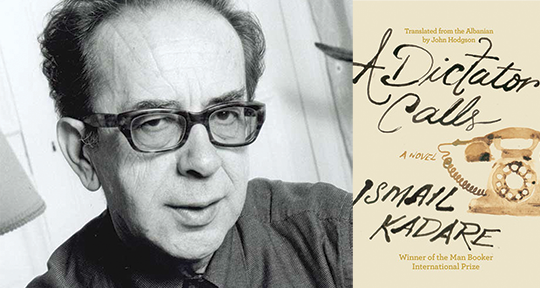
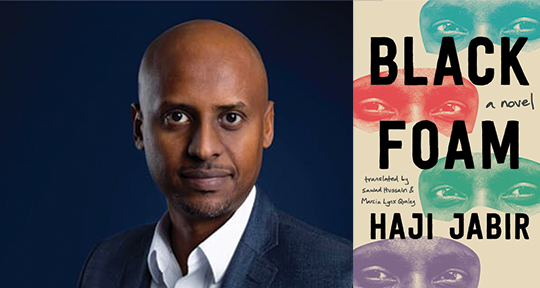


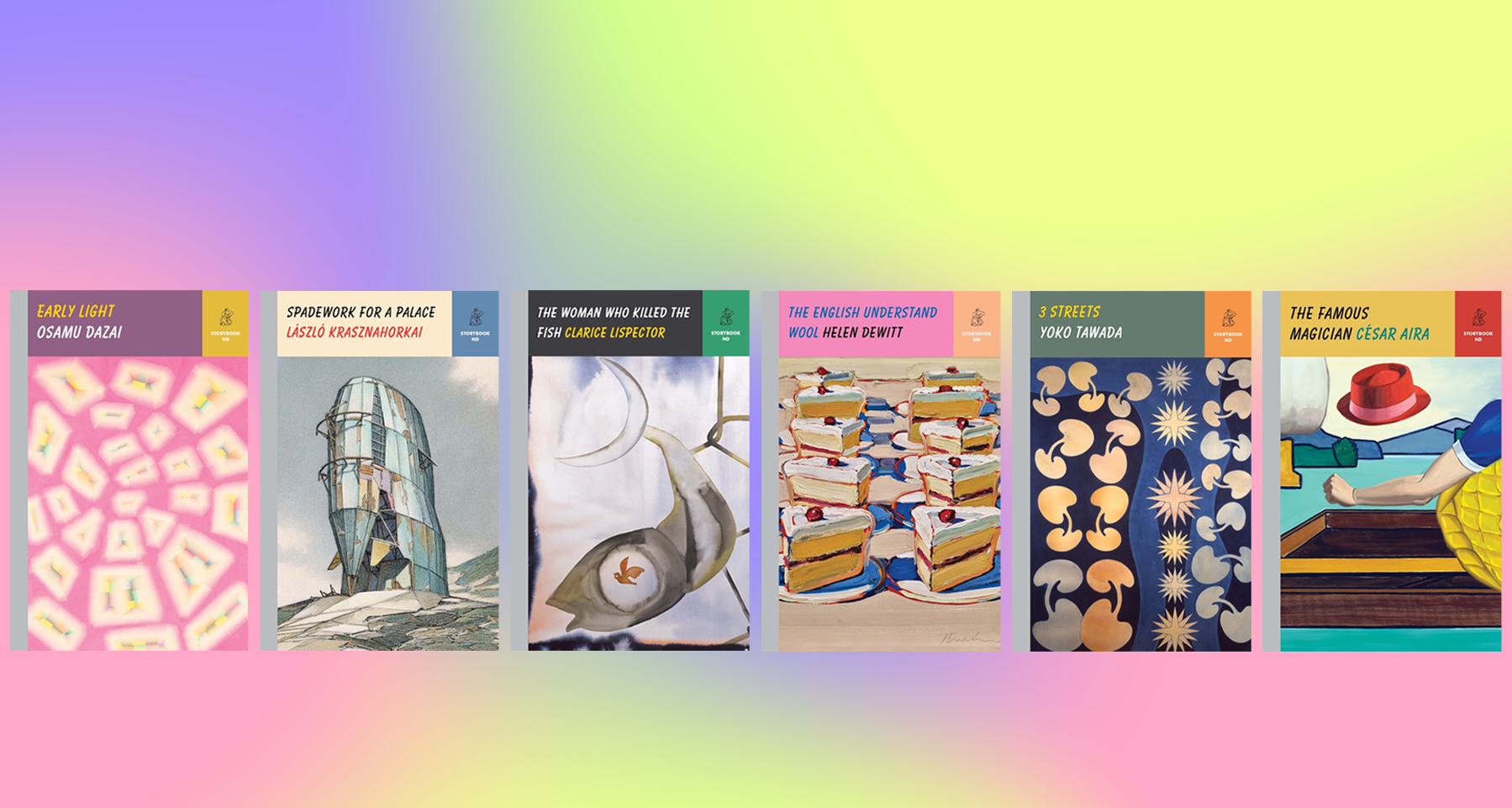
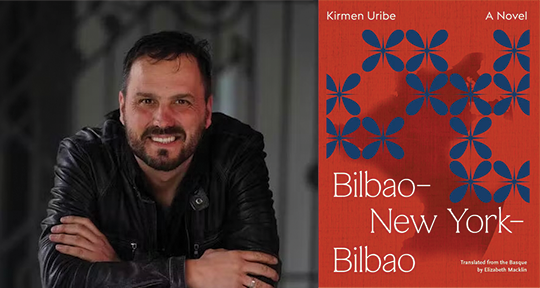
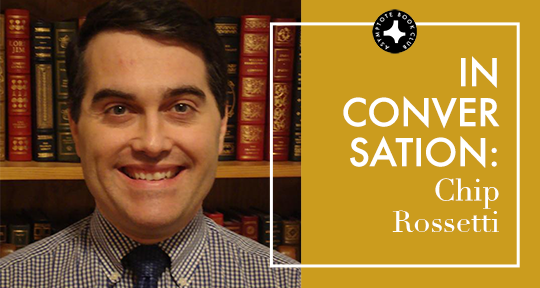
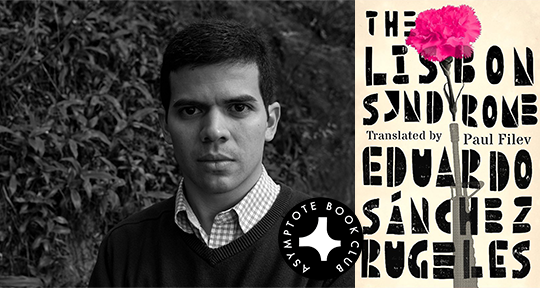
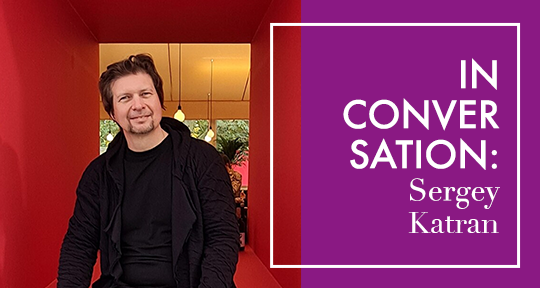



A Pointed Atemporality: Mui Poopoksakul on Translating Saneh Sangsuk’s Venom
He's very aware of the rhythm and musicality of this text . . . he said it should take something like an hour and thirty-seven minutes to read.
In our May Book Club selection, a young boy struggles with a snake in the fictional village of Praeknamdang, in a tense battle between beauty and cruelty. In poetic language that is nostalgic for the world it describes without romanticizing it, Saneh Sangsuk creates a complex and captivating world. In this fable-like story there are no simple morals, in keeping with Sangsuk’s resistance to efforts to depict a sanitized view of Thailand and to the idea that the purpose of literature is to create a path to social change. In this interview with translator Mui Poopoksakul, we discuss the role of nature in the text, translating meticulous prose, and the politics of literary criticism.
The Asymptote Book Club aspires to bring the best in translated fiction every month to readers around the world. You can sign up to receive next month’s selection on our website for as little as USD20 per book; once you’re a member, join our Facebook group for exclusive book club discussions and receive invitations to our members-only Zoom interviews with the author or the translator of each title.
Barbara Halla (BH): How did you get into translation, especially given your law background?
Mui Poopoksakul (MP): I actually studied comparative literature as an undergrad, and then in my early twenties, like a lot of people who study the humanities, I felt a little bit like, “Oh, I need to get a ‘real job.’” I went to law school, and I worked at a law firm for about five years, and I liked that job just fine, but it just wasn’t what I wanted to do for the rest of my life.
So, I started thinking, What should I be doing? What do I want to do with myself? I had always wanted to do something in the literary field but didn’t quite have the courage, and I realized that not a lot of Thai literature been translated. I thought, If I can just get one book out, that would be really amazing. So, I went back to grad school. I did an MA in Cultural Translation at the American University of Paris, and The Sad Part Was was my thesis from that program. Because I had done it as my thesis, I felt like I was translating it for something. I wasn’t just producing a sample that might go nowhere.
The whole field was all new to me, so I didn’t know how anything worked. I didn’t even know how many pages a translation sample should be. But then I ended up not having to worry about that because I did the book as my thesis.
BH: You mentioned even just one book, but did you have any authors in mind? Was Saneh Sangsuk one of those authors in your ideal roster?
MP: I wouldn’t say I had a roster, but I did have one author in mind and that was Prabda Yoon, and that really helped me get started, because I wasn’t getting into the field thinking, “I want to translate.” My thought was, “I want to translate this book.” I think that helped me a lot, having a more concrete goal.
READ MORE…
Contributor:- Barbara Halla
; Languages: - English
, - Thai
; Place: - Thailand
; Writers: - Mui Poopoksakul
, - Prabda Yoon
, - Saneh Sangsuk
; Tags: - Deep Vellum
, - environmentalism
, - literary criticism
, - nature
, - nature in storytelling
, - pacing
, - pacing in translation
, - Peirene
, - respect for nature
, - rhythm
, - rhythm in translation
, - social commentary
, - storytelling
, - Thai literature